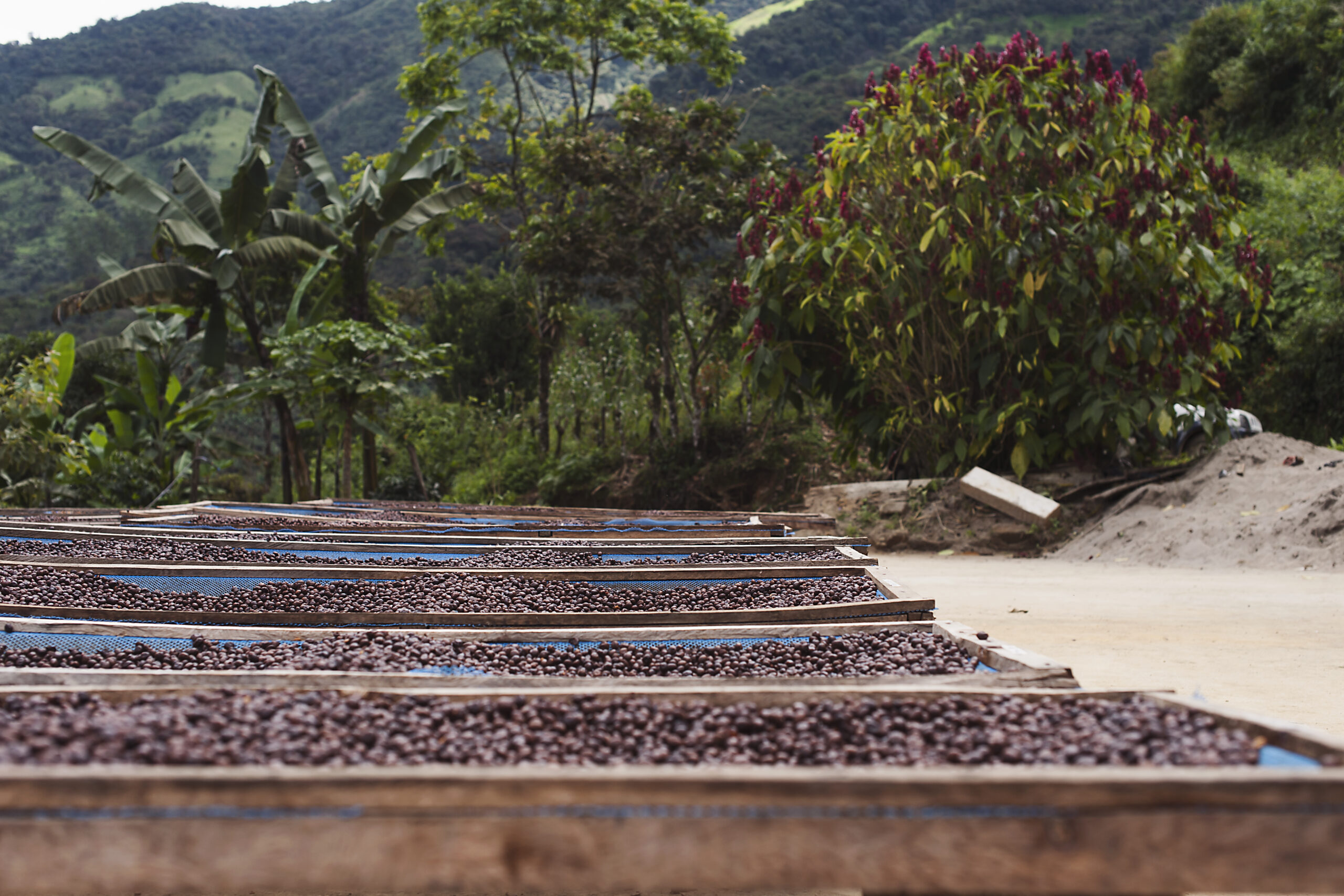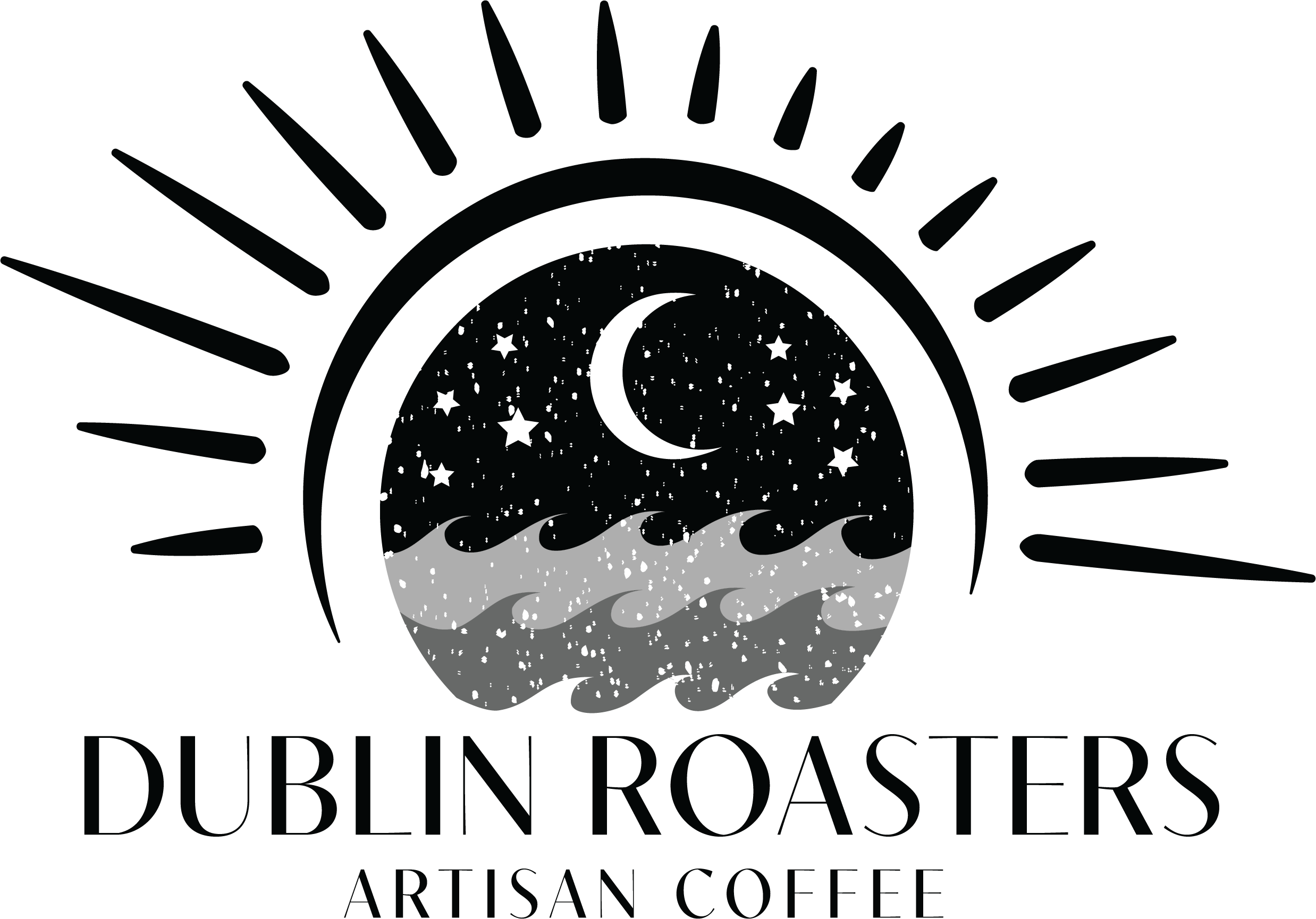
18 Feb Environmentally Friendly and Sustainable Coffee Growing and Why it Matters to Us (and to You)
Last month, we brought you the first part of our two part series, What is Ethically Sourced Coffee & Why is it Important? To us, it’s important to use only ethically sourced beans grown in an environmentally friendly way. It’s more than just something we say, it’s how we live and do our business every day here at Dublin Roasters. Here’s what we mean when we talk about environmentally friendly coffee growing, and why it matters to us…and to you.
What is Environmentally Friendly and Sustainable Coffee Growing?
Sustainable coffee growing refers to beans harvested with a focus on conserving nature. It’s hard to imagine your cup of morning giddy-up can have a negative effect on the environment, but it does.
Coffee beans are planted and carefully nurtured over the course of three years to become trees, producing a cherry-like fruit. This fruit contains the seeds, or beans, we use to manufacture coffee.
Coffee harvesters pick the fruit when it’s ripe and begin the process of manufacturing coffee. This includes removing the pulp and drying the beans before processing them again to remove any plant skin or husks left behind. The end product is unroasted coffee beans. They are then shipped to a destination where they are roasted and delivered to consumers whole or ground.
Sustainability refers to using manufacturing processes that are environmentally friendly and that reuse leftover materials, such as the husks and the water needed to rinse the beans, in other ways.
Environmentally friendly coffee growing can include methods such as using less water throughout the process and using the husks for compost or fertilizer. You may even find these husks used in unconventional ways, such as stuffing for pillows and chair cushions.
What Other Factors Contribute to Environmental Damage for Coffee Farmers?
There are other ways that the cultivation of coffee can, itself, damage the environment.
Soil Erosion and Water Pollution
Coffee is frequently grown on a steep slope. These slopes can erode and deposit sediment into waterways.
Wasted Water
An estimated 20 liters of water is used per kilogram of coffee produced, with even more used to grow the beans themselves.
Deforestation
Traditionally, coffee was grown under the shade of canopy trees. More recently, however, growers have been removing these trees to maximize sun exposure to the plants.
All of these factors combined have led to a stark 2015 warning from the International Center for Tropical Agriculture (CIAT), reporting that at least 50 percent of the land used to grow coffee will be unusable for coffee production by 2050.
How Can You Make a Difference?
Consumers who are aware of the impact coffee farming can have on the environment can make a big difference by purchasing only environmentally friendly coffee products. Read the labels on store-purchased beans and grounds, looking for:
Shade-grown or bird-friendly coffee products: ensure that trees are not cut down to grow coffee
Fair-trade certified coffee products: encourages growers to use eco-friendly, sustainable methods to cultivate and manufacture coffee products
Organic coffee products: these won’t use harmful chemicals like insecticides in the growing process
Additionally, use products packaged with recycled materials, including k-pods and coffee cups. If brewing your coffee at home, cut down on waste products by composting your used grounds.
Dublin Roasters Only Supports Eco-Friendly Farms and Growers
When you purchase any coffee product from us, you are supporting ethically-grown, sustainable, and environmentally friendly coffee farms and farmers. Not only that, but you’re getting a little taste of heaven in every cup. Want to make supporting sustainable coffee a regular thing? Sign up for our Java Luv Club and get ethically-grown coffee beans delivered right to your door!


